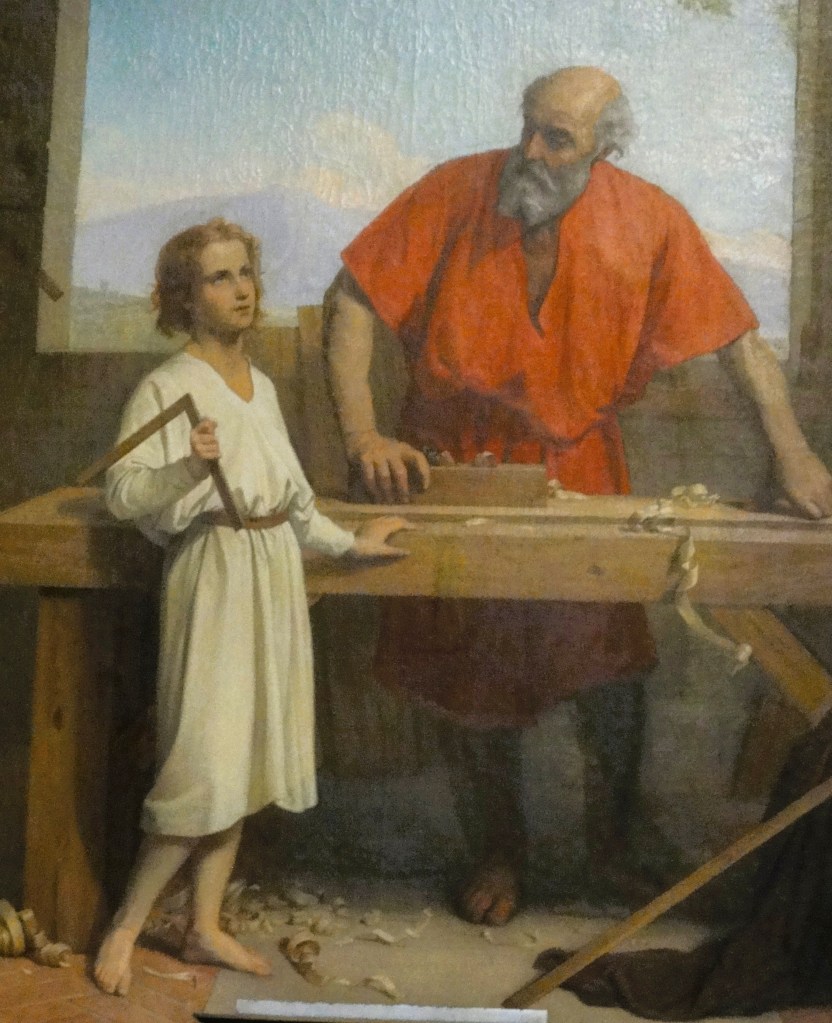
Every human being has a remarkable ability. It is the capacity to adopt. I have always been impressed by the fact that Saint Joseph adopted Jesus. He did not know exactly what was going on, he only knew that this child was not his own, not of his blood. He did not get angry, he did not blame Mary, he simply followed the word of the angel:
“Before Mary and Joseph lived together, she was found with child through the holy Spirit. Joseph her husband, since he was a righteous man, yet unwilling to expose her to shame, decided to divorce her quietly. Such was his intention when, behold, the angel of the Lord appeared to him in a dream and said, “Joseph, son of David, do not be afraid to take Mary your wife into your home. For it is through the holy Spirit that this child has been conceived in her. (…).” When Joseph awoke, he did as the angel of the Lord had commanded him and took his wife into his home. He had no relations with her until she bore a son, and he named him Jesus.” Mt 1:24-2:5
At God’s word, Joseph agreed to take in the little child. What a selfless act! To say: Although you are not my child, I will make you my child in the name of another, through my decision, with my strength, with my potential. I now call you my child and treat you as if you were my own. For men, it is important to have children of their own, to see themselves in their own flesh and blood. But they are also capable of freely accepting someone else’s child. In a sense, they have to do so anyway. For even their own child did not grow in their own body; when they see it for the first time, they must accept it as their own. The same is true for women: even though the child grows in their own body, women report that they still have to make an active decision that this is now their child. Ultimately, all children are not ours, they are God’s children, whom we are to adopt.
Adoption is a very human act. It truly reflects God’s love. For not only do we accept God’s children, but He also accepts us as His children. As St. Paul says: “In love he predestined us for adoption to sonship through Jesus Christ, in accordance with his pleasure and will – to the praise of his glorious grace, which he has freely given us in the One he loves.” Eph 1:5-6
If we live out this talent, if we take in those who would otherwise be lost and left without a father or mother, the world would be a more humane place.
God, I thank you for the example of Saint Joseph. He took a leap of faith, left his comfort zone, and took in a stranger. In doing so, he fulfilled your plan. Let me be just as selfless. Let me be a father or mother to all who need one. And I thank you for the privilege of being your child!








